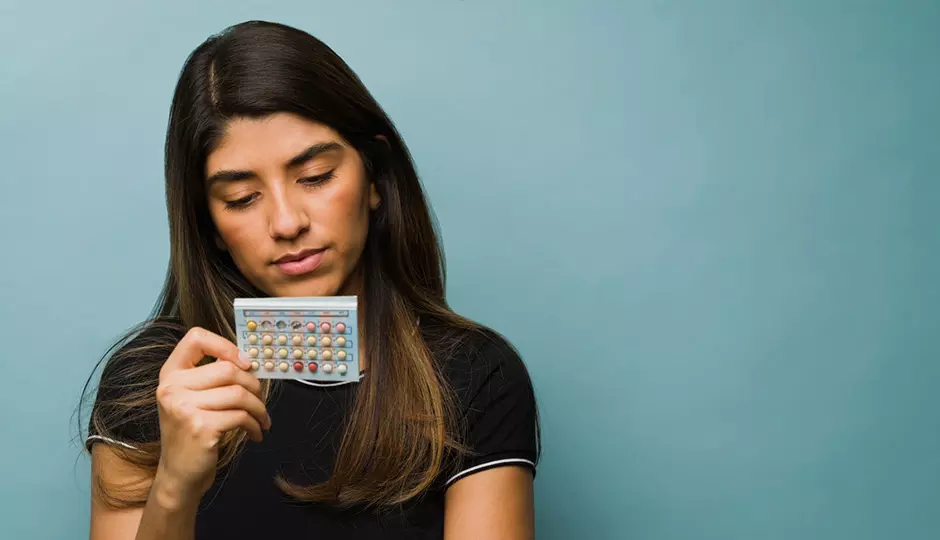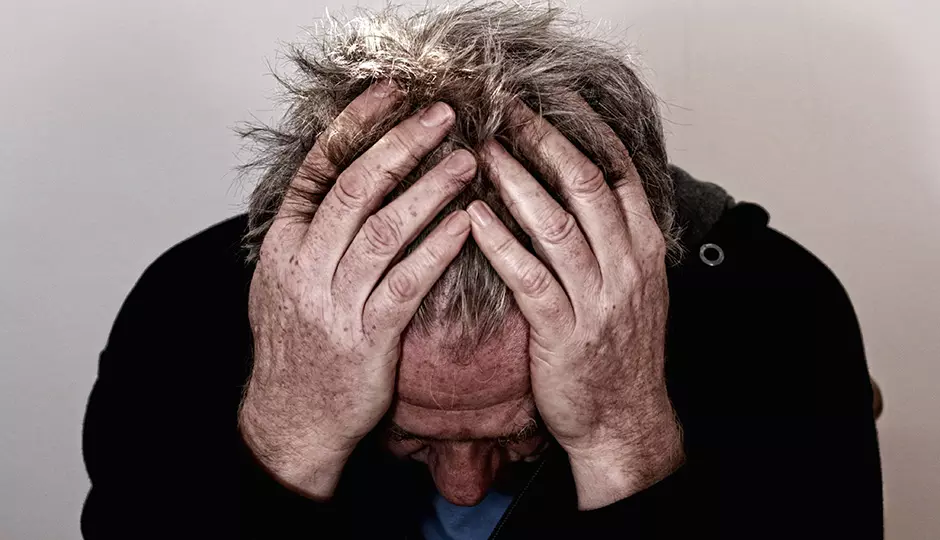At one point or another, we've all noticed a few extra strands of hair in the drain after a shower. But did you know that many birth contraceptives can contribute to hair loss? This is because many contraceptives work by altering the hormones in your body. And because the growth of your hair is susceptible to hormone levels, birth control pills may affect the growth of your hair.
Hormonal birth control treatments include implants, injections, or oral medications. Some people notice an increase in hair loss while taking hormonal contraceptives, while others experience hair loss after stopping birth control treatments.
The Connection Between Birth Control and Hair Loss
Any form of hormonal birth control, including oral pills, patches, injections, and implants, has the potential to cause hair loss. This is because most types of birth control contain synthetic versions of the female hormone's estrogen and progesterone.
Normally, a rise in estrogen causes an egg to leave the ovaries during a woman's menstrual cycle. However, birth control treatments stop the increase in estrogen that causes ovulation.
Hair growth occurs in phases, moving from a growth to a resting stage before entering the shedding phase. One of the reasons hormonal birth control causes hair loss is that the hair growth cycle is highly sensitive to hormonal fluctuations.
Hair Loss While on Birth Control
Losing hair while on birth control is uncommon. However, when it occurs, it's usually because the prescription contains progestin, a synthetic form of the hormone progesterone. Progestin is a hormone with androgenic activity, meaning it acts similarly to male hormones and can potentially cause hair loss.
So, if you've started taking hormonal contraceptives and notice an increase in hair loss, you may want to talk to your doctor about switching to a different type of birth control. According to the American Hair Loss Association, women considering oral contraceptives should only use low-androgen index birth control pills.
Hair Loss After Stopping Birth Control
The most common type of hair loss associated with birth control occurs after stopping the medication. Telogen effluvium is a form of hair loss that generally occurs after a person undergoes severe mental or physical stress. The condition causes hair to remain in the telogen or resting phase of the hair growth cycle.
Hormones, such as those used for birth control, can cause hair to remain in this stage longer than usual, leading to more hairs falling out at once. However, with time, your hair will move out of this phase, return to its normal growth cycle, and your increased shedding will stop.
How to Treat Hair Loss from Birth Control
While hair loss from birth control isn't usually a reason for concern, finding all that hair in your brush or the drain can be distressing. The good news is that you can take steps to treat and prevent hair loss. The health of your hair is often a sign of your overall health. Paying attention to your body can help to ensure your thick, luscious hair returns quickly.
Take vitamins. A multivitamin can help to eliminate any possible vitamin or mineral deficiencies.
Eat a healthy diet. A well-balanced diet with sufficient calories, protein, vitamins, and minerals promotes healthy hair growth.
Minimize stress. Reducing stress is vital for healthy hair. Stress can cause the anagen or growth stage of the hair cycle to end prematurely and reducing it can stimulate hair growth.
Cut down on styling. Exposure to high temperatures and chemical treatments can damage your hair.
Can Birth Control Cause Hair Loss?
A wide range of factors causes hair loss. Because hair growth is affected by hormones, any hormonal birth control treatment can cause hair loss. If you are taking birth control or recently stopped and experiencing hair loss, the experts at New Image Hair Clinic can help. Our expert staff can provide you with different solutions that work for you and your budget such as laser hair therapy, hair restoration systems, extensions and more. Contact us today to schedule your FREE initial consultation and learn how we can help you keep your hair healthy.



